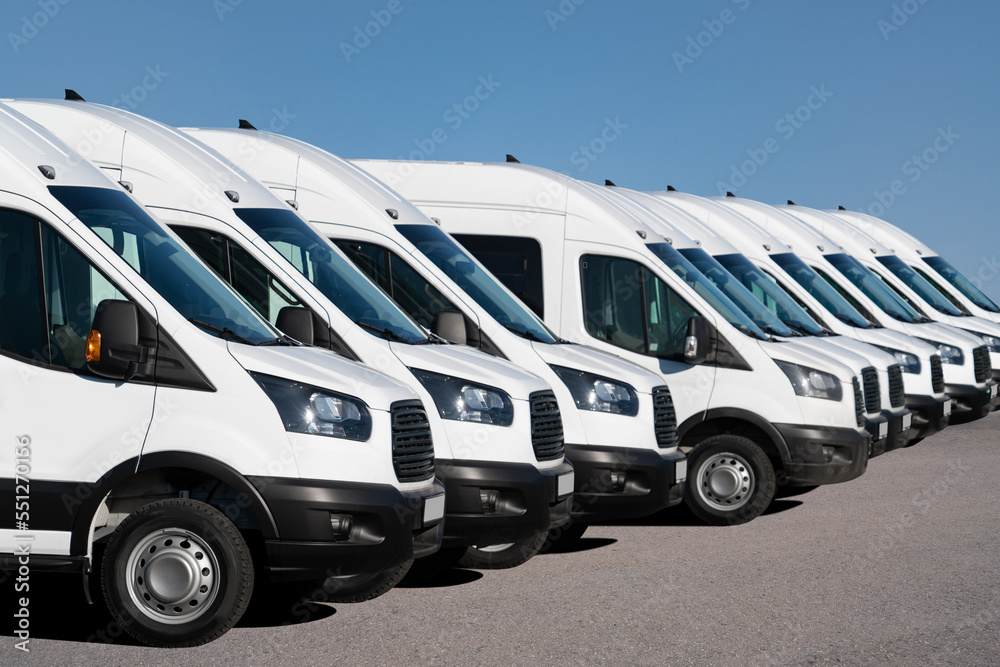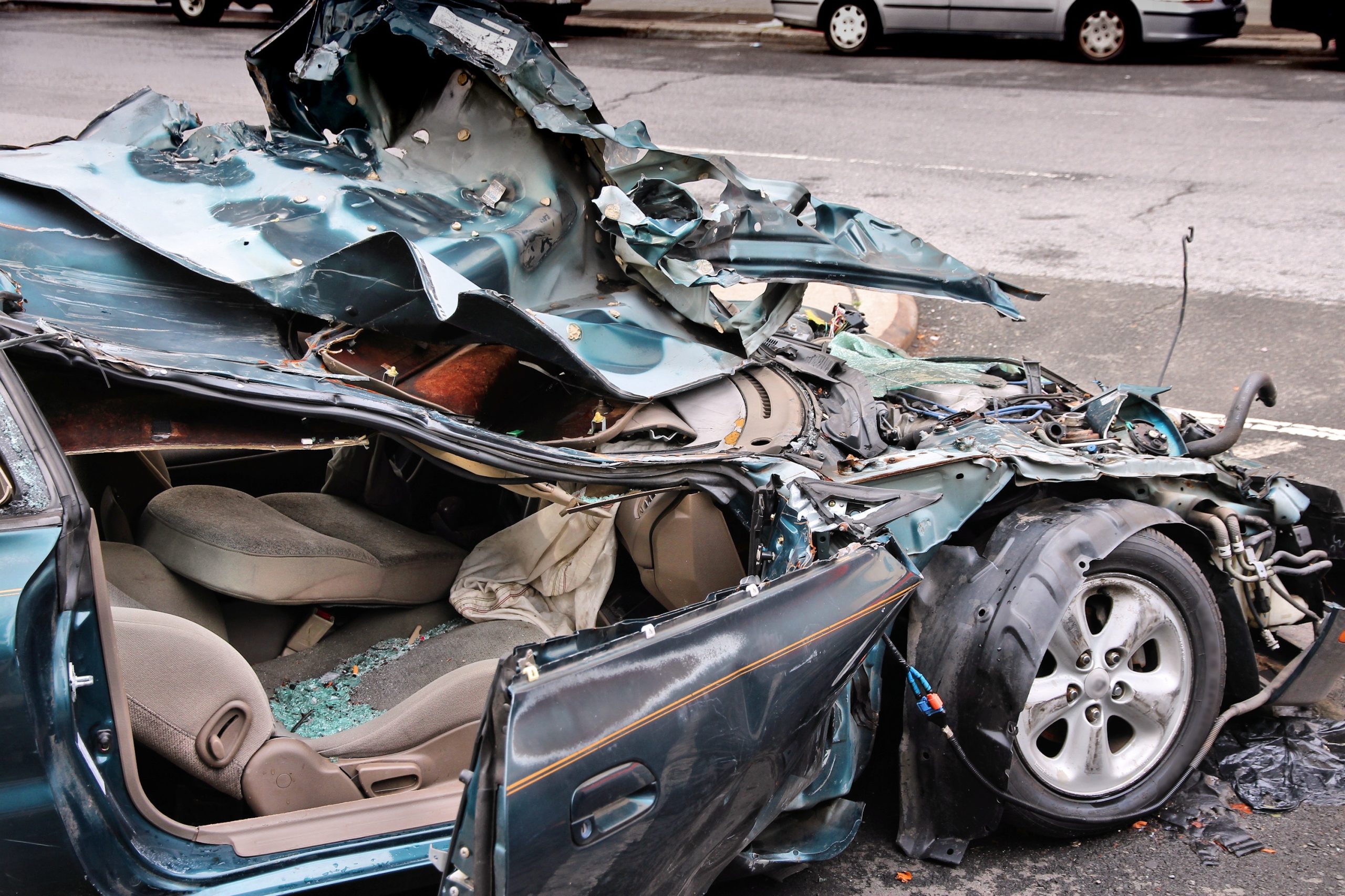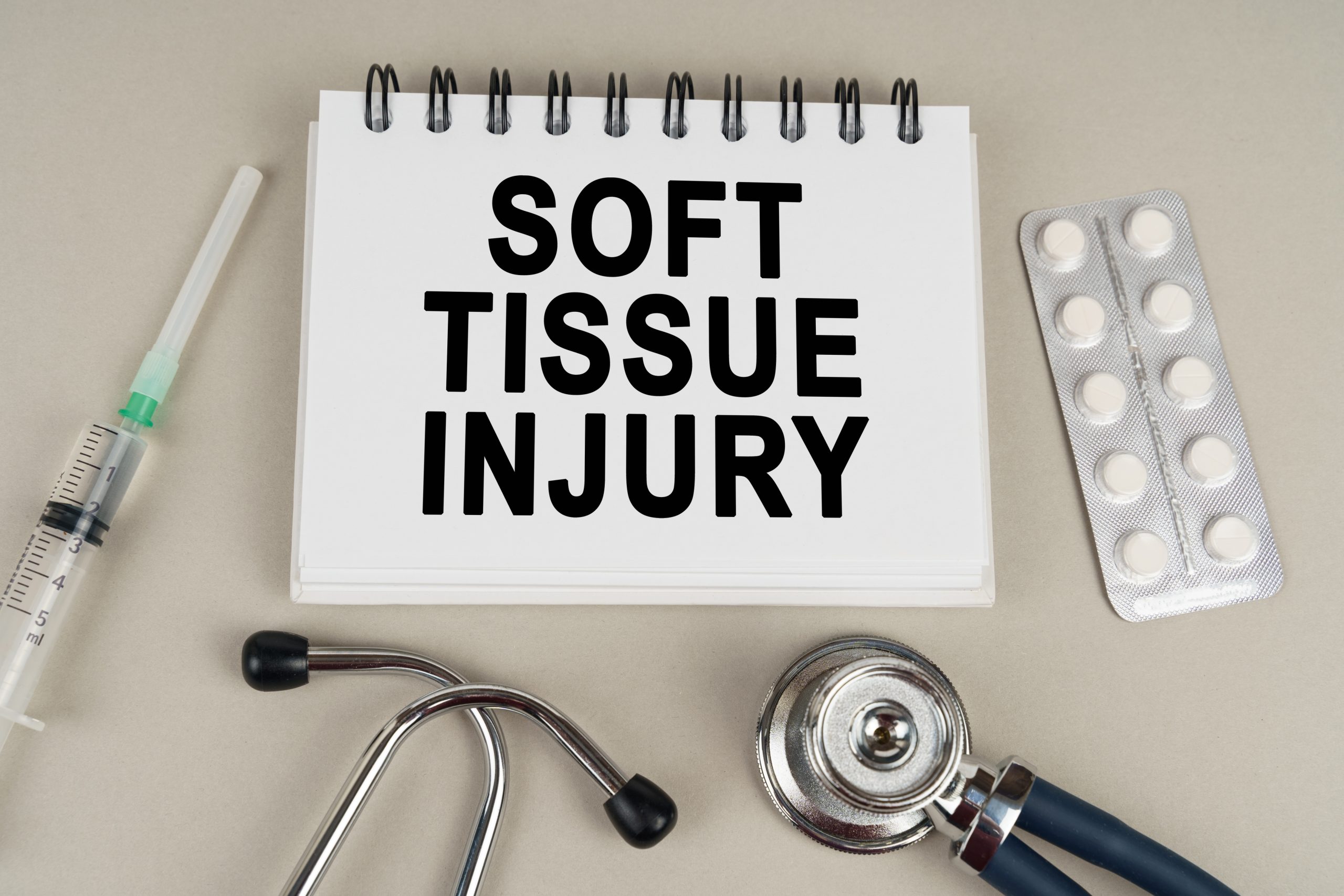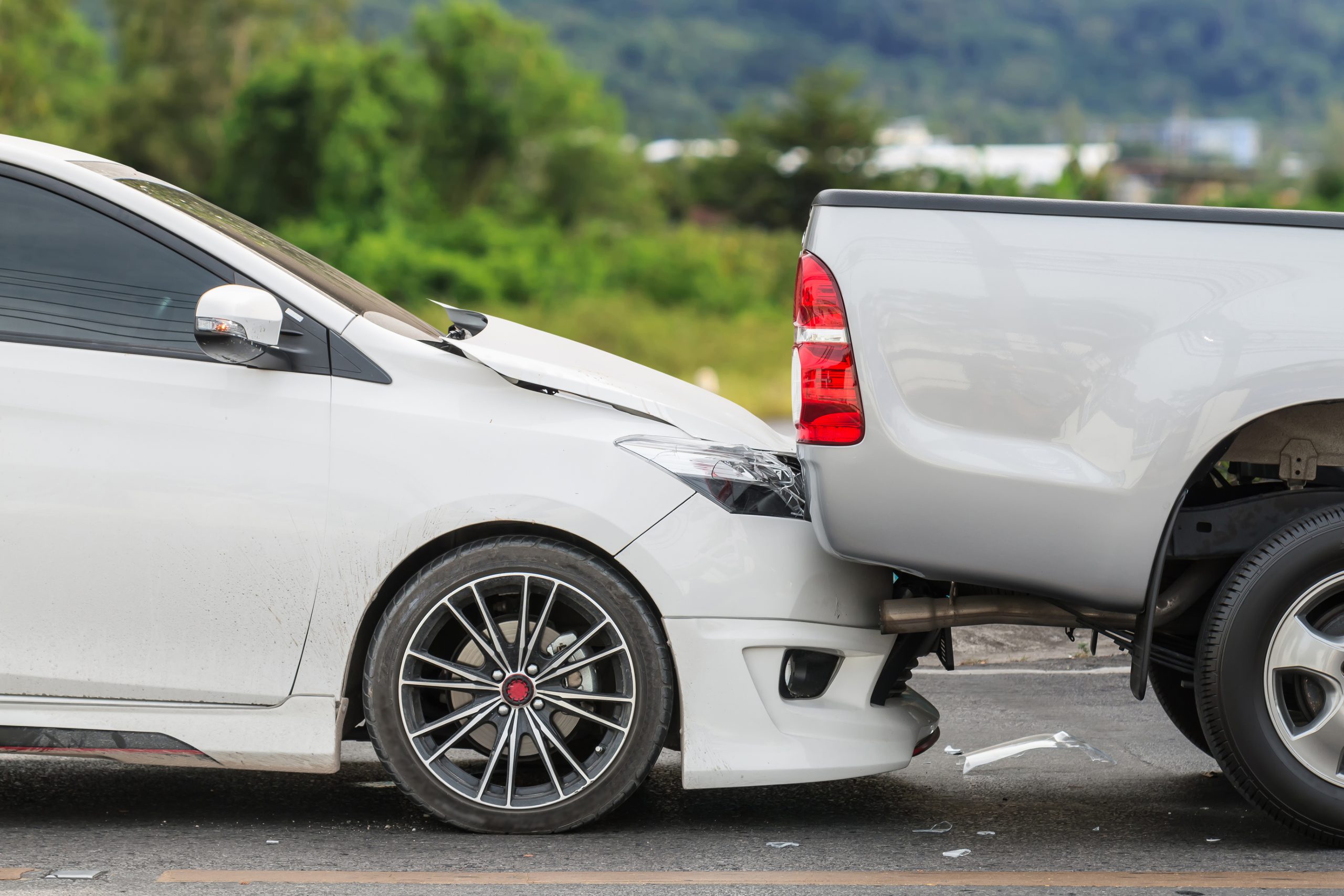After a traffic accident at work, one of the most urgent questions you may have is whether you are personally responsible for the accident. If you are driving a company car or truck and cause an accident, you probably expect the accident to be covered by your employer’s auto insurance. Businesses are generally liable for the actions of their workers, including motor vehicle accidents caused by workers who are on the road as part of their job. But you may be held personally responsible for a car accident during work, depending on the circumstances. When determining liability in car accidents involving company vehicles, the question largely hinges on whether the employee was performing duties under the scope of their employment at the time of the crash.
Employer Liability for Car Accidents During Work
Most states have vicarious liability laws that make an employer responsible for the actions of their workers. These liability laws often cite the legal doctrine of respondeat superior. This fancy Latin term means employers are, in general, legally responsible for the actions, or inactions, of their employees while acting within the scope of their employment. The employer’s responsibility extends to situations where an employee’s negligence harms an individual who in turn files a personal injury lawsuit seeking compensatory damages for injuries and property damage. In most cases of auto accidents on work time, the employer’s liability coverage indemnifies the employee against lawsuits by third parties. This means the employer’s insurance company protects the employee from having to personally pay for injured people’s damages. Indemnifying an employee also means the employer’s liability insurance pays the worker’s legal fees if they are named in a lawsuit after the accident. Federal employees or personnel authorized to drive government vehicles may be protected by the Federal Tort Claims Act as they were acting within the scope of their duties.
When the Employee is Responsible for Accidents
- Criminal Activity: An exception to employee indemnification applies when the employee is committing a crime while driving a company vehicle. If the accident involves criminal activity, the employer may rightfully refuse to indemnify the employee from third-party lawsuits. This can include driving under the influence of drugs or alcohol.
- Going on a frolic: If you are goofing off with the company vehicle, some jurisdictions call that a “frolic.” If you are in an accident while running personal errands, even if it is during your work time, you may be personally liable for any property damage or personal injury claims made by others, even injuries to co-workers who might be goofing off with you.
- Independent contractors: Using your personal car on behalf of the company, like for pizza deliveries, may not protect you from personal liability if you are in an accident while on the job. If you lease a company-owned vehicle like a taxi cab or tractor-trailer, your contract could have language that makes you liable for any accidents involving the vehicle.
- Non-business activity: Having a company car is a great perk, especially if you have use of the vehicle 24/7. Read the fine print in the vehicle agreement with your employer. You are probably not indemnified if you cause an accident while using the company car to commute to and from work, or while on personal or recreational travel outside of business hours.
Are Employers Liable for Injuries in a Work-Related Accident?
Your employer may be responsible for injuries in a work-related accident, which ultimately comes down to vicarious liability. In short, your employer is liable if you are an employee working or otherwise serving your employer at the time of an accident. For this reason, most employers carry liability insurance for injuries an employee could cause in an automobile accident. However, employers rarely carry insurance for property damage if an employee uses their personal vehicle for work. An employee’s injuries in a crash would likely be covered under a workers compensation claim.
Can I get Workers’ Comp After an On-the-Job Car Accident?
If you do happen to get into a car accident while on the clock and within the scope of employment, and the accident leads to damages such as medical costs or lost income, you can file for workers’ compensation. Bear in mind that none of these rules apply if you are on your commute to work. While it may seem that traveling to the office would count as within the scope of employment, it does not. This is referred to as the “coming-and-going” rule. Still, there are some exceptions. For example, if you are on-call, in most cases your drive to the job would be covered within the scope of employment. For employees who are required to spend significant time traveling, such as nurses, the commute may be covered. Employees while on business trips are also likely protected.
Workers Comp vs. Liability Insurance
Even though these policies have different coverages, they are complementary in practice. We can describe that relationship like this: employers liability insurance kicks in where workers comp stops. Both policies cover workplace injury, only different aspects of it. Workers’ compensation covers the costs related to the injury without alleging liability on the employer’s side. Employers’ liability insurance covers expenses if the employer gets sued for punitive damages. That means that workers comp must cover the accident-related costs, whereas the employer’s liability covers the employer if they are somehow responsible for the incident. The employer’s liability coverage is broader than the workers compensation coverage because it responds to a wide array of claims. Workers’ compensation kicks in whenever there is an injury in the workplace, and the employer’s liability is triggered where an employee sues the employer for negligence.
Protection When Using Your Personal Car for Work
If you use your vehicle for purposes other than travelling to and from work, you should be aware of any insurance requirements in order to avoid getting into problems. Commercial insurance may be necessary depending on the type of use and the quantity of driving required. Your personal car insurance, with an exception, may be sufficient to cover light business use of your personal vehicle; but you should never assume you are protected without first checking with your insurance company. Any company that permits or compels workers to use their personal vehicle for business purposes should either obtain hired and non-owned coverage separately or add it to an existing auto policy. Non-owned coverage protects vehicles owned by employees but operated on behalf of the company, whereas hired coverage protects vehicles not owned by the company or the driver.



